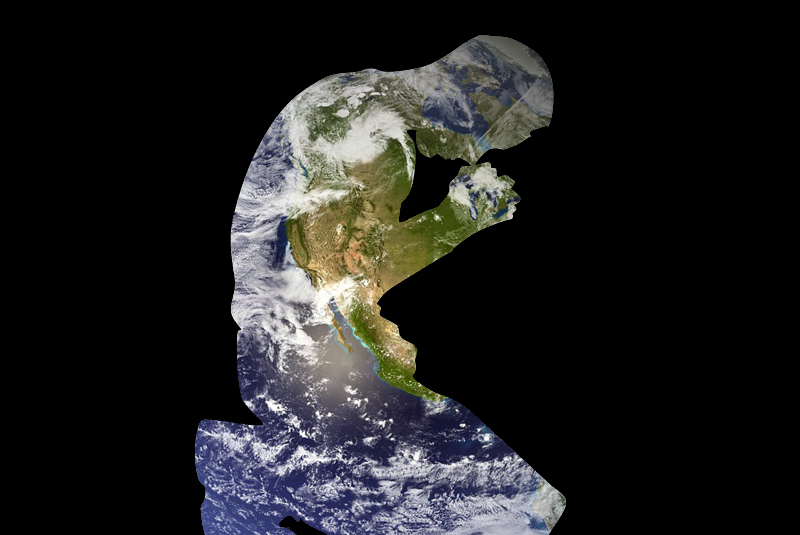In 2012, scientists were at a loss to explain why only one fourth of U.S. citizens rated climate change as a top priority. A study, published in Nature, highlighted six psychological challenges around climate change that prevented one’s internal moral alarm from going off.
One was that climate change was an abstract concept, difficult to put to real human emotions and fears. Another was its long term horizon – the belief that climate change affects people either geographically distant from the United States or temporally (ie, its effects play out far in the future). The remaining factors sought out alternate ways of explaining in action – but it’s the first two that concern this article.
Climate change is no longer an abstract concept.
A 2012 study estimated that up to 400,000 people died each year as a consequence of changing weather patterns – the large bulk being due to starvation and communicable disease. By May 2015, heat waves had killed over 500 people in India that year (2016 followed up as an even hotter year). In Bangladesh, one of the nations most vulnerable to climate change, thousands of families have been evicted by floods. For them, life after a catastrophe is a destitute one – where families struggle for employment and shelter in the capital city of Dhaka, living with a constant fear of being evicted.
Copyright©Madras Courier, All Rights Reserved. You may share using our article tools. Please don't cut articles from madrascourier.com and redistribute by email, post to the web, mobile phone or social media.Please send in your feed back and comments to editor@madrascourier.com











